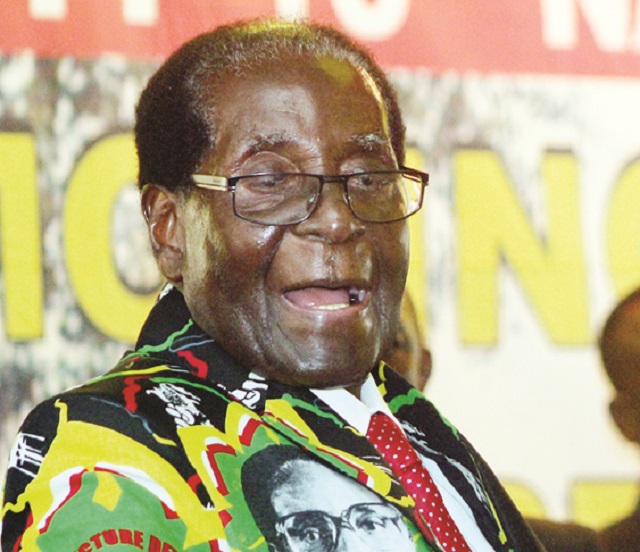EDITORIAL COMMENT: Lesotho leaders must guard their lust for power

Lesotho has a tumultuous history since the small kingdom of 2,1 million people attained independence in 1966.
Basotho politicians are prone to fighting too much. The fighting gets more dangerous as it often involves the military. Actually, the country has experienced a number of coup attempts and endured military rule over some periods. It has also suffered about a dozen assassinations and assassination attempts.
The latest upheaval started around February 2015 when the country held a parliamentary election that led to the then incumbent All Basotho Convention under then Prime Minister Tom Thabane being voted out by a seven-party coalition fronted by his rival and predecessor, Mr Pakalitha Mosisili.
In April that year Mr Thabane fled to South Africa with two other opposition leaders, saying that their lives were in danger from their political rivals. Two months later soldiers gunned down their boss Maaparankoe Mahao who had been appointed by Mr Thabane.
A period of Sadc-mediated dialogue followed, and a parliamentary vote of no confidence was passed on Mr Mosisili in February this year. An election to install his successor had to be held. Mr Thabane won the June 3 election, to unseat the man whom he succeeded in 2015, Mr Mosisili.
From June 2012 to August 30, 2014, Mr Thabane was PM and was succeeded by his nemesis, Mr Mosisili. The 78-year-old PM returned to office in September 2014, reigning for only six months before Mr Mosisili succeeded him on March 30, 2015. He returned on Friday last week as PM, succeeding Mr Mosisili. So both men have succeeded and preceded each other a number of times over the past decade or so.
It is a strange state of affairs there. We wait to see when the current PM will leave office and when he would be succeeded by Mr Mosisili, the cycle going on and on like that.
Two days before his third inauguration in five years, Mr Thabane’s estranged wife was murdered in yet another suspicious political hit. At around the same time he was rejecting army security, as he did on retiring in 2015, preferring to have his own, a further testament of the general insecurity in his country.
In his address at the Friday investiture, Mr Thabane pledged to investigate the killings that have taken place in the country and to have the perpetrators brought to book. Mr Mosisili refused to deliver an exit speech.
“I am mourning her death and (the) senseless killing of people like this . . . is one of many challenges that I am faced with as a new prime minister,” he said.
He added:
“One looks forward to a stable, normal and internationally accepted five-year cycle between elections. I therefore assure you that this government will be for all Basotho without any form of discrimination.”
The Basotho are looking forward to a break from their history of political instability, deep-seated sense of physical and psychological insecurity. The Basotho have endured a lot of suffering over the past 51 years. They don’t want to be in election mode all their lives, electing a Prime Minister and MPs at an average frequency of every 18 months. When do they get the time to work? When do they get the time to just rest for a full five years and think about their lives and family, not always politics and who their next PM will be?
We appeal to the leadership of that important Sadc country to guard their lust for power and proclivity for disorder. Yes, they have a right to agitate and work for change, but when change sets a whole nation back so frequently, attracting the attention of the regional body at a time when people must concentrate on economic development, that change is unnecessary and must be avoided. The Basotho leaders must respect their constitution and their people. Disorder, particularly if it entails military involvement and assassinations doesn’t grow a nation, it doesn’t grow an economy.
The military of that country must know that they have no role to play in installing themselves in office, or their proxies as they have done on a number of times. Their mandate is to salute the civilian leadership which is elected by the Basotho people in regular democratic elections.
Lesotho’s Sadc neighbours are looking forward to a break from their comrades’ history of political instability. They don’t want to have one of their own always fighting among themselves simply for political authority. The time for military coups is in the past. Now Sadc leaders must occupy themselves growing their economies, not sending delegations to make and maintain peace in a 51-old democracy which ordinarily must have matured at this stage.
We hope Friday was the new start we all want.











Comments